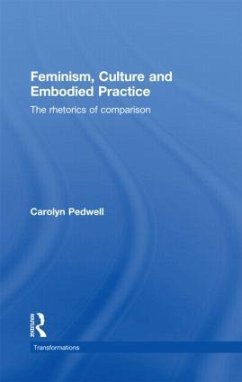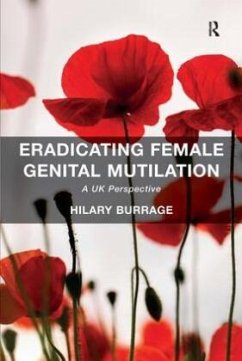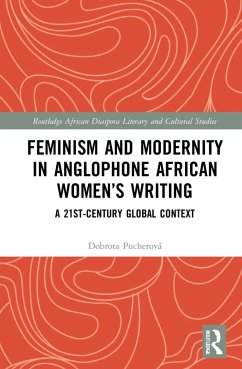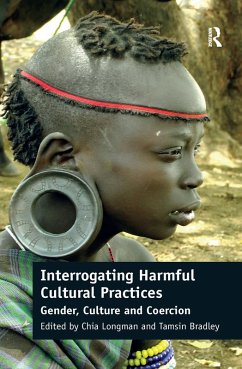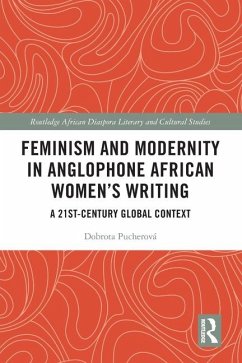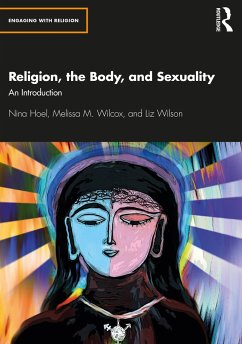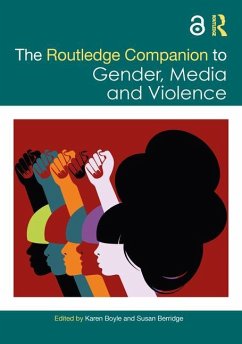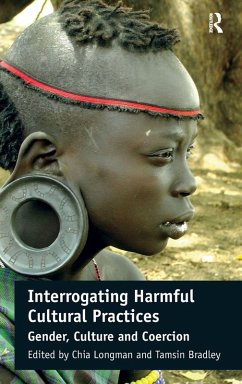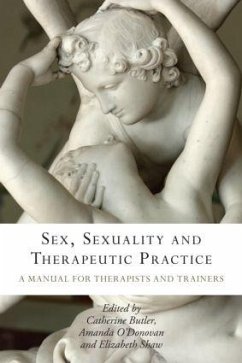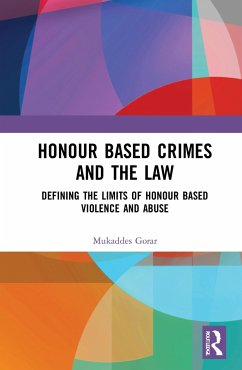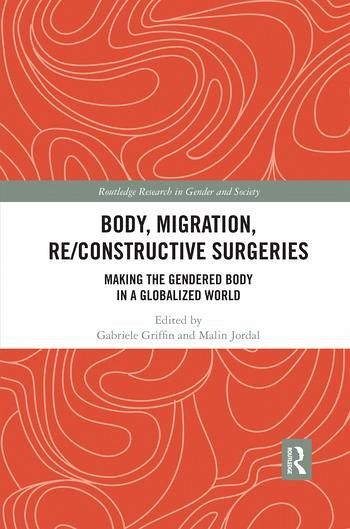
Body, Migration, Re/constructive Surgeries
Making the Gendered Body in a Globalized World
Herausgegeben: Griffin, Gabriele; Jordal, Malin

PAYBACK Punkte
24 °P sammeln!
Bringing together an international range of case studies and interviews with individuals who have had genital re/construction, Body, Migration, Re/constructive Surgeries explores the socio-cultural meanings of clitoral re/construction following female genital cutting (FGC), hymen reconstruction, trans and intersex bodily interventions; and cosmetic surgery. Drawing critical attention to how decisions around such surgeries are affected by social, economic and regulatory contexts that change over time and across spaces, it raises questions such as:How are bodies genderized through surgical inter...
Bringing together an international range of case studies and interviews with individuals who have had genital re/construction, Body, Migration, Re/constructive Surgeries explores the socio-cultural meanings of clitoral re/construction following female genital cutting (FGC), hymen reconstruction, trans and intersex bodily interventions; and cosmetic surgery. Drawing critical attention to how decisions around such surgeries are affected by social, economic and regulatory contexts that change over time and across spaces, it raises questions such as:
How are bodies genderized through surgical interventions?
How do such interventions express cultural context?
How do women who have experienced female genital cutting respond to opportunities for clitoral reconstruction?
How do female-to-male (FtM) trans people decide on how and where to undertake body modifications?
What roles do cultural expectations andofficial regulations play in how people decide to have their bodies modified?
Suggesting that conventional gender binaries are no longer adequate to understanding the quest for bodily interventions, this insightful volume seeks to give a greater voice to those engaged in gender body modification. It will appeal to students and postdoctoral researchers interested in fields such as Gender Studies, Social Studies, Sexuality Studies and Cultural Studies.
How are bodies genderized through surgical interventions?
How do such interventions express cultural context?
How do women who have experienced female genital cutting respond to opportunities for clitoral reconstruction?
How do female-to-male (FtM) trans people decide on how and where to undertake body modifications?
What roles do cultural expectations andofficial regulations play in how people decide to have their bodies modified?
Suggesting that conventional gender binaries are no longer adequate to understanding the quest for bodily interventions, this insightful volume seeks to give a greater voice to those engaged in gender body modification. It will appeal to students and postdoctoral researchers interested in fields such as Gender Studies, Social Studies, Sexuality Studies and Cultural Studies.





